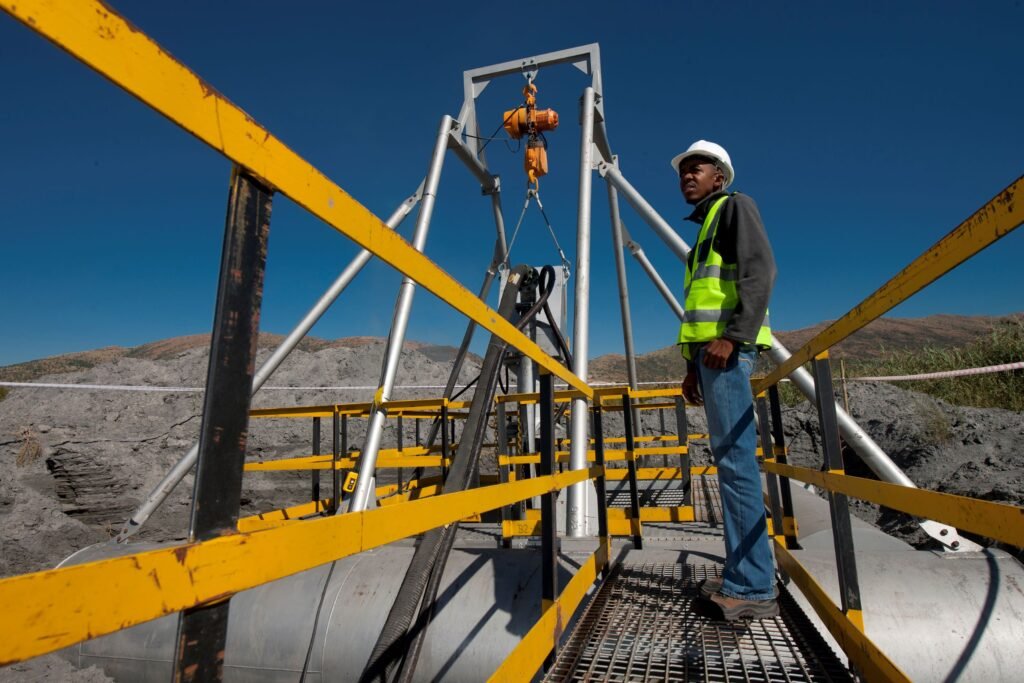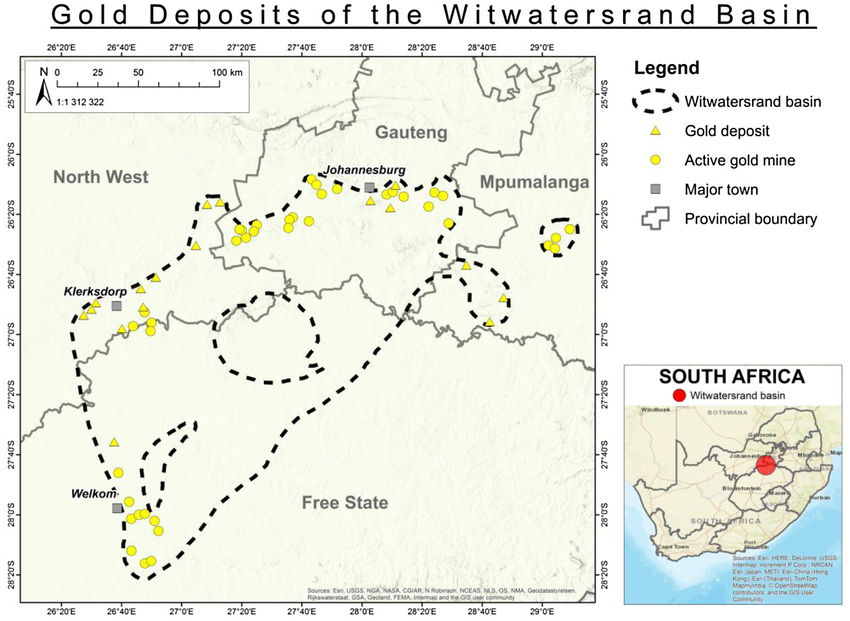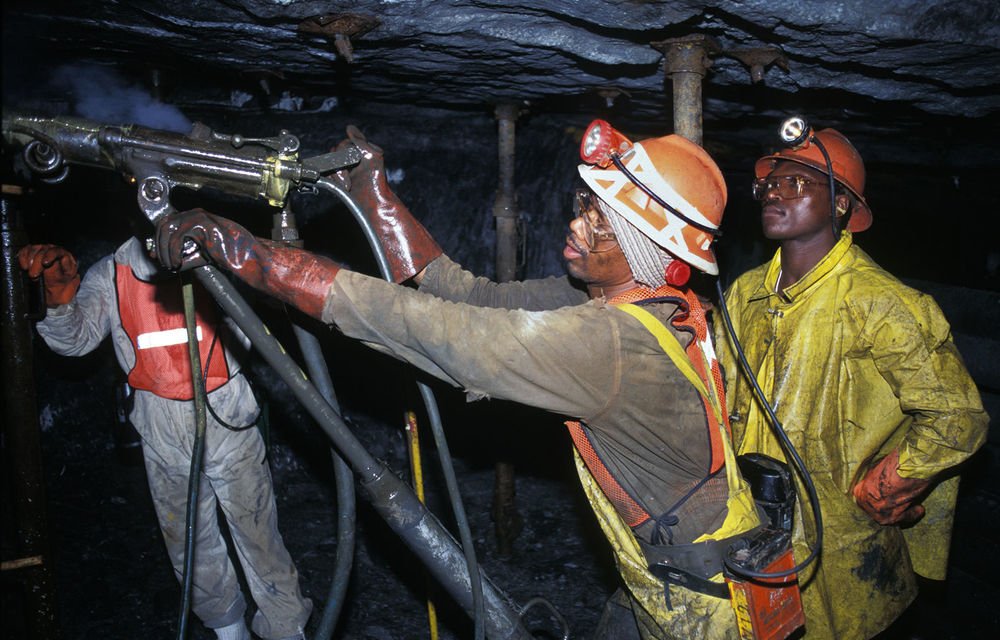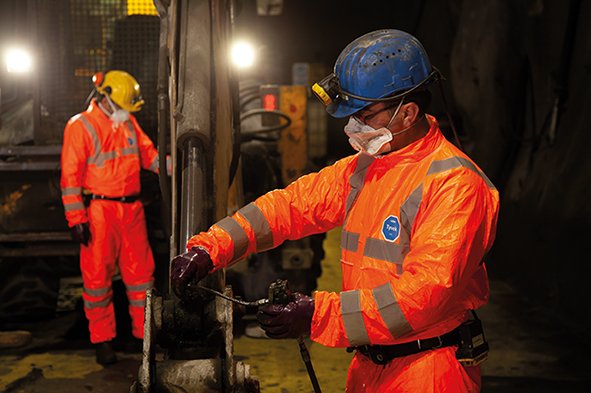Mining Careers Africa

Mining careers in Africa offer diverse, well-paying opportunities across technical, engineering, operational, and environmental fields. As global demand for gold, cobalt, lithium, copper, and diamonds surges, African countries are expanding their mining sectors—creating thousands of jobs for skilled professionals.
Here’s a comprehensive guide to top mining careers, required qualifications, salary expectations, and how to enter the industry.
1. Top Mining Careers in Africa
| Job Title | Key Responsibilities | Average Monthly Salary (USD) |
|---|---|---|
| Mining Engineer | Mine design, production planning, safety oversight | $6,000 – $12,000+ |
| Geologist | Exploration, drilling supervision, resource modeling | $5,000 – $10,000 |
| Metallurgist | Ore processing, recovery optimization | $5,500 – $11,000 |
| Electrical & Mechanical Technician | Maintain haul trucks, drills, processing plants | $2,500 – $4,500 |
| HSE Officer (Health, Safety & Environment) | Risk assessments, compliance, incident reporting | $3,000 – $6,000 |
| Surveyor | Mapping underground tunnels and pit progress | $3,500 – $7,000 |
| Project Manager | Oversee mine development from exploration to commissioning | $8,000 – $15,000+ |
| Data Analyst / AI Specialist | Optimize operations using digital tools and predictive analytics | $5,000 – $9,000 |
2. Where Are These Jobs Located?
Top countries with strong mining job markets:
- South Africa: Gold, platinum, coal – major employers include Sibanye-Stillwater, Anglo American
- Ghana & Mali: Gold hubs – companies like Gold Fields, Endeavour Mining
- DRC & Zambia: Copper-cobalt belt – CMOC, ERG, Barrick
- Zimbabwe & Namibia: Lithium boom – Allkem, Zijin Mining, Firefinch
- Guinea: Bauxite and iron ore – Winning Consortium, Rio Tinto
These nations actively recruit both local talent and expatriate specialists.

3. How to Start a Mining Career in Africa
Step 1: Education & Training
- Degrees: BSc or BTech in Mining Engineering, Geology, Metallurgy, Electrical/Mechanical Engineering
- Vocational Programs: NQF Level 4–6 certifications in plant operations, blasting, maintenance
- Universities: University of the Witwatersrand (SA), Kwame Nkrumah University of Science and Technology (Ghana), University of Zambia
Step 2: Gain Experience
- Internships or artisanal sector exposure
- Entry-level roles: Assistant Surveyor, Shift Supervisor, Field Technician
Step 3: Build Credentials
- Certifications: NEBOSH (HSE), SAMREC/SAMVAL (resource reporting), PMP
- Join professional bodies: Southern African Institute of Mining and Metallurgy (SAIMM)

4. Skills in High Demand
Employers seek candidates with:
- Technical proficiency in mine planning software (Deswik, Vulcan, Surpac)
- Knowledge of ESG and sustainable mining practices
- Experience with automation, AI, and real-time monitoring systems
- Strong safety awareness and communication skills
- Adaptability to remote work environments
Digital literacy is increasingly essential—even for field roles.
5. Benefits of a Mining Career in Africa
- Competitive salaries with housing, medical, and transport allowances
- Career progression from field to management within 5–10 years
- Exposure to cutting-edge technology (AI, electric vehicles, hybrid power)
- Opportunities for entrepreneurship in contracting and services
- National impact through infrastructure and community development
Many companies also offer training bursaries and leadership programs.
6. Challenges to Consider
- Work often in remote locations with rotational shifts (e.g., 2 weeks on, 1 week off)
- Physical demands and safety risks in underground mines
- Regulatory and political uncertainty in some regions
- Need for continuous upskilling due to technological change
However, these are balanced by high job security and growth potential.

FAQs
Q1: Are mining jobs available for young Africans?
A1: Yes—many companies run youth training, apprenticeships, and graduate programs.
Q2: Can foreigners work in African mines?
A2: Yes—especially in specialized roles. Most require valid work permits and relevant experience.
Q3: Is mining a good career in Africa?
A3: Absolutely—offering stability, competitive pay, and long-term growth in one of Africa’s most strategic industries.
Conclusion
Mining careers Africa provide a fast-track to professional success, especially in gold, cobalt, lithium, and copper sectors. With rising investment in green minerals and digital transformation, now is the ideal time to build a future in this dynamic, high-impact industry.

